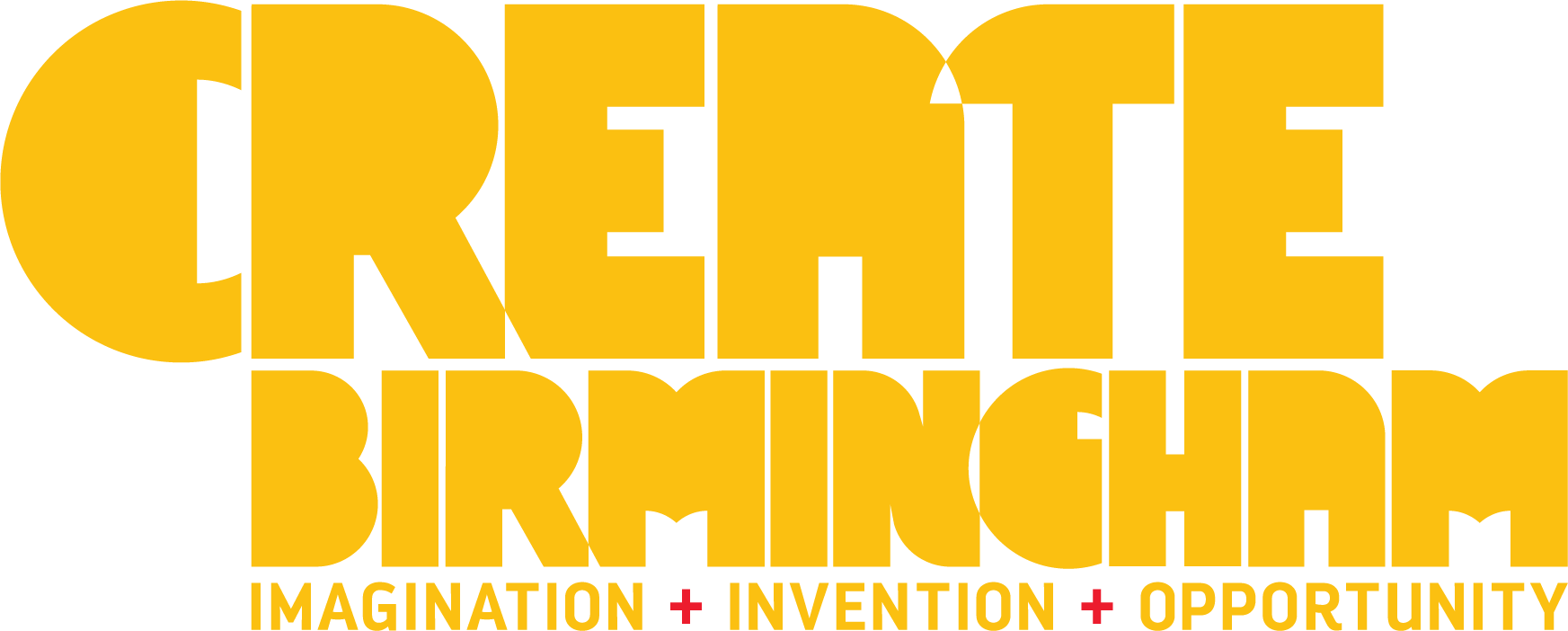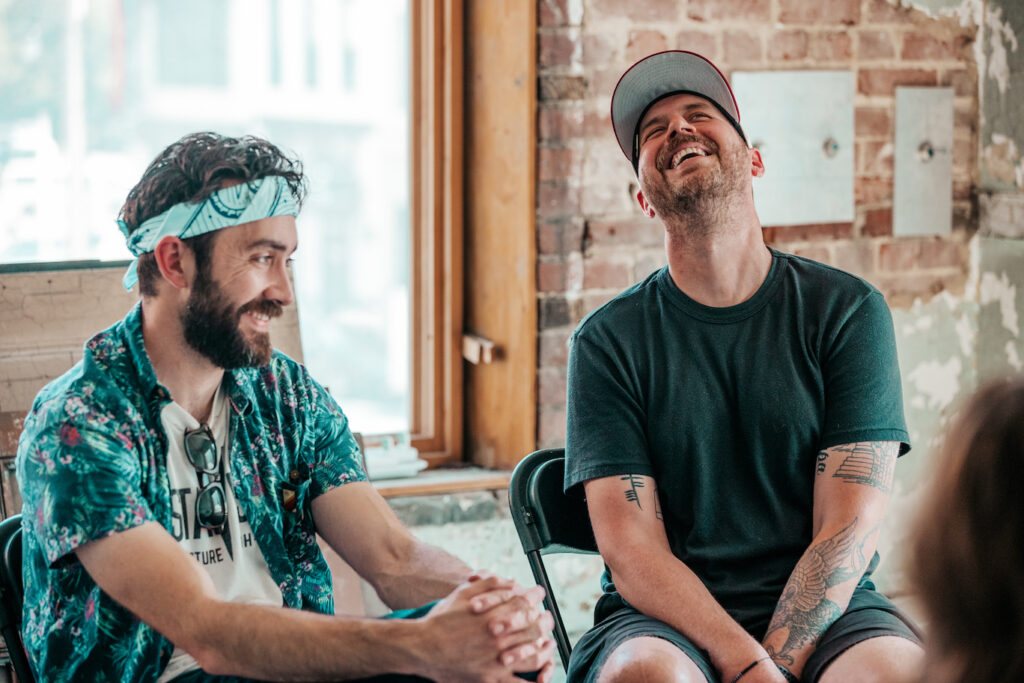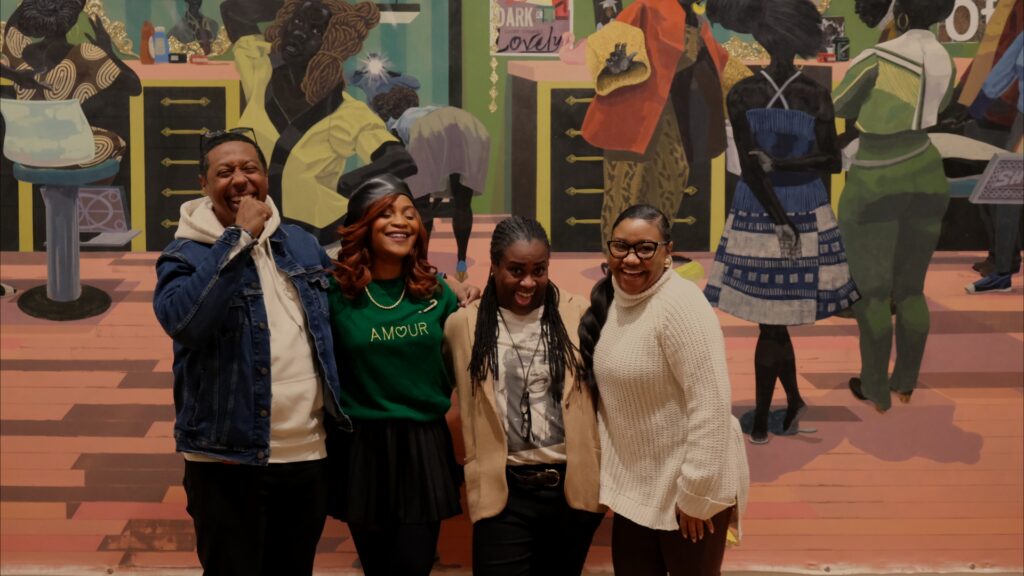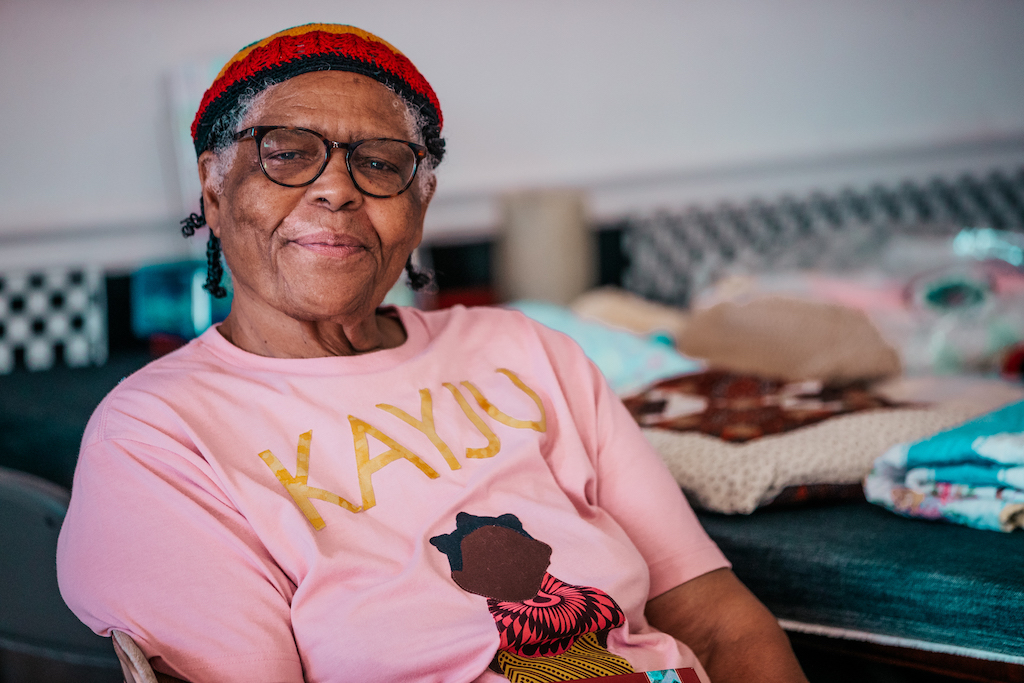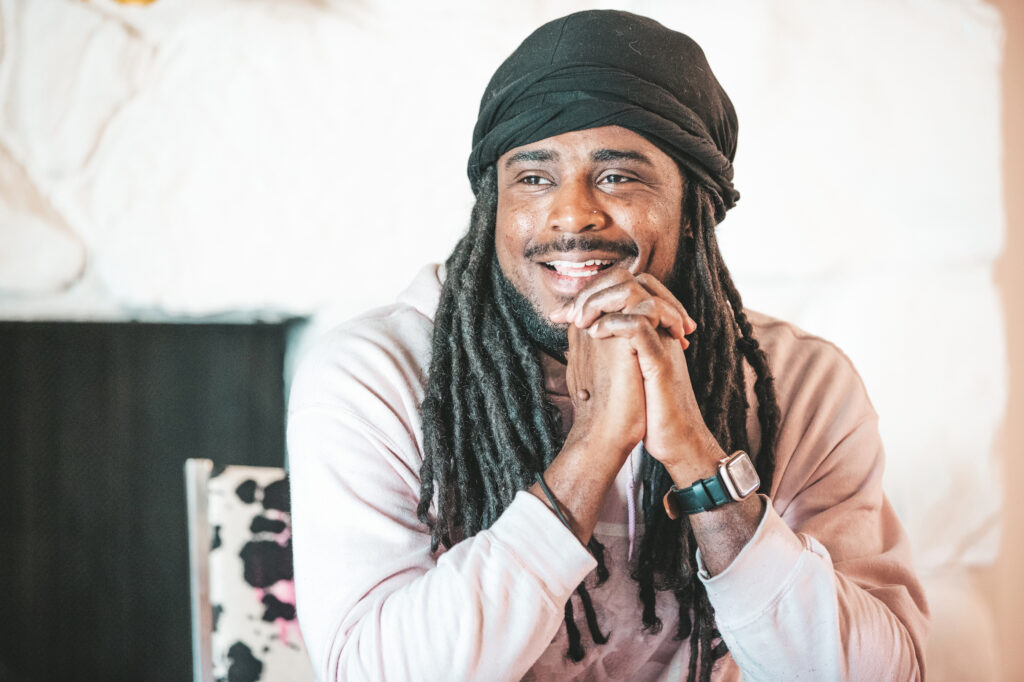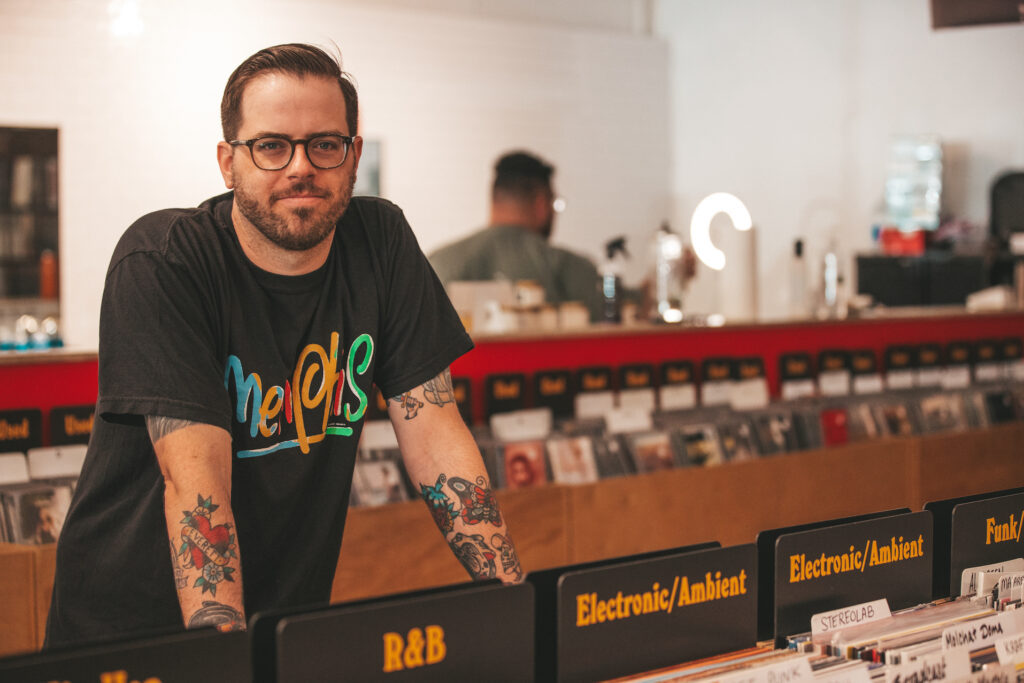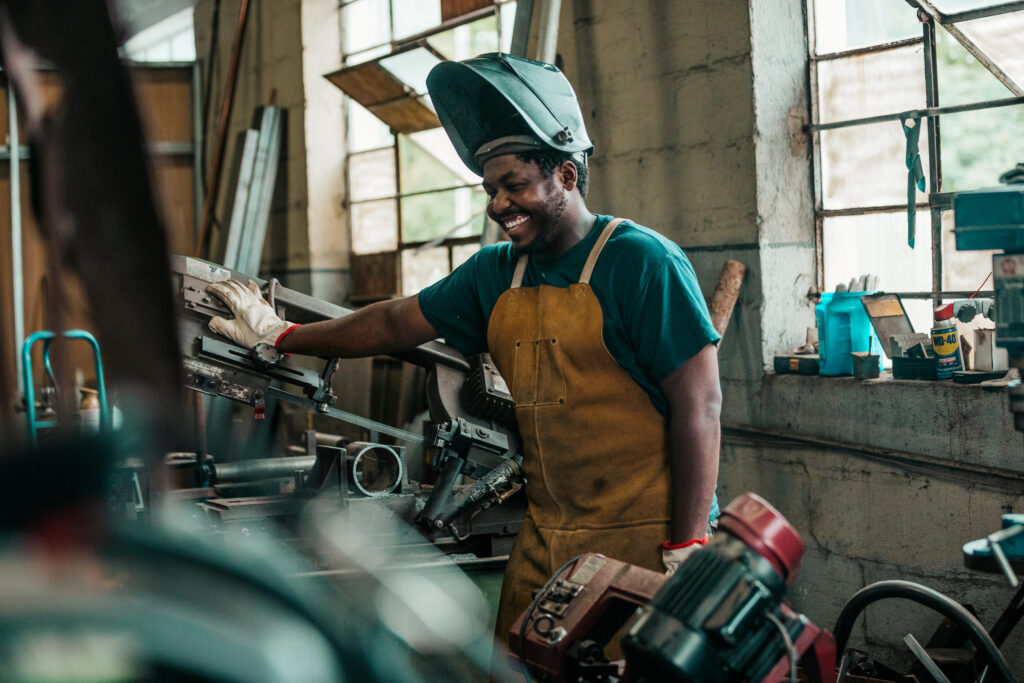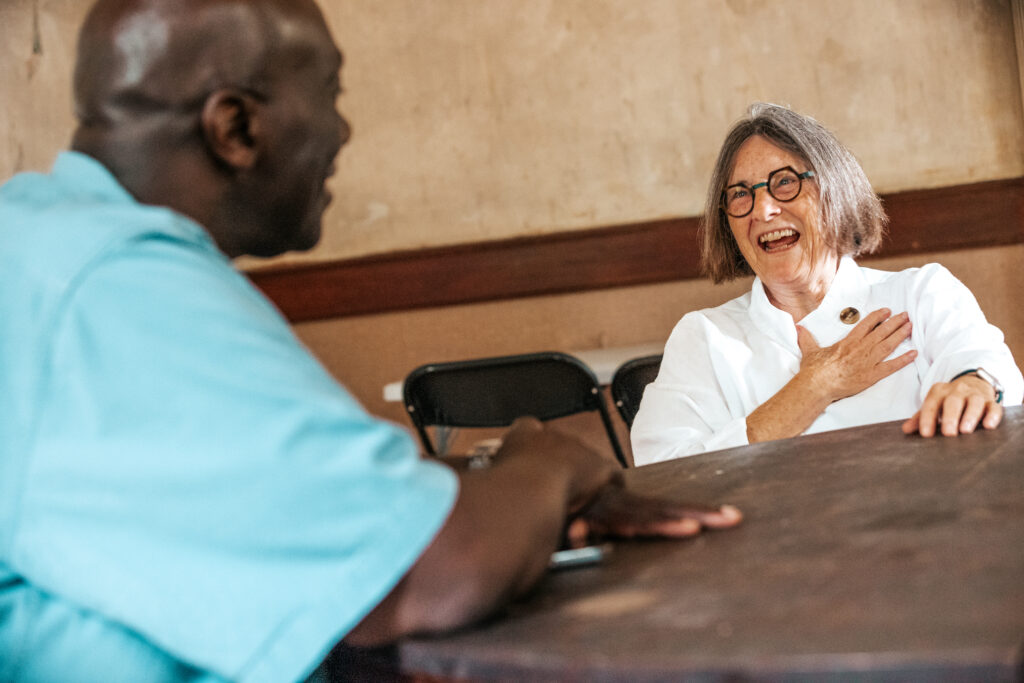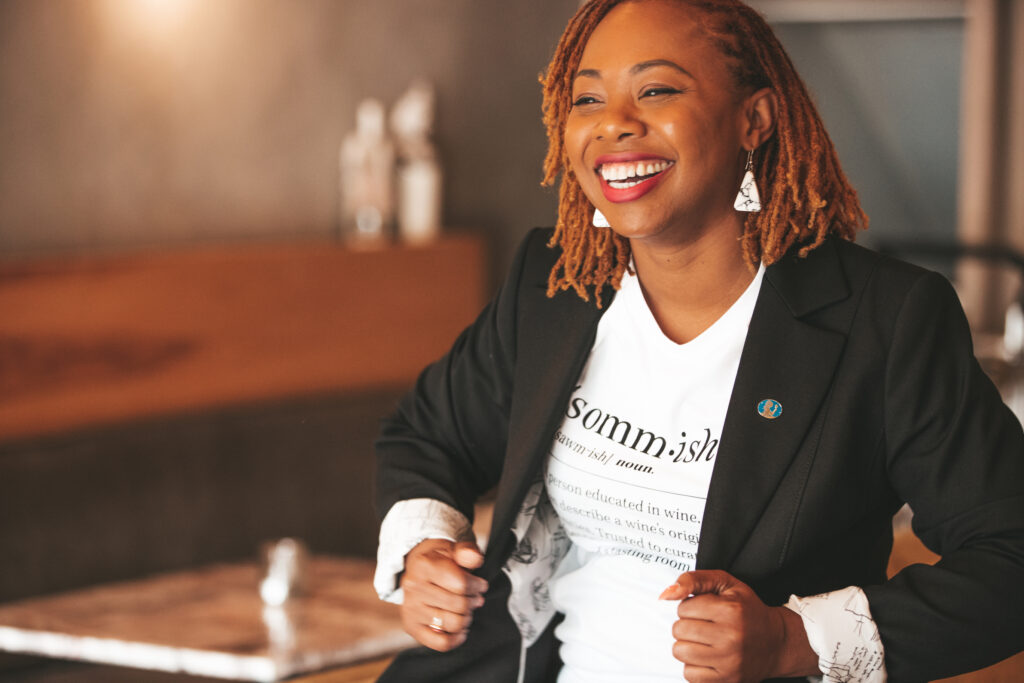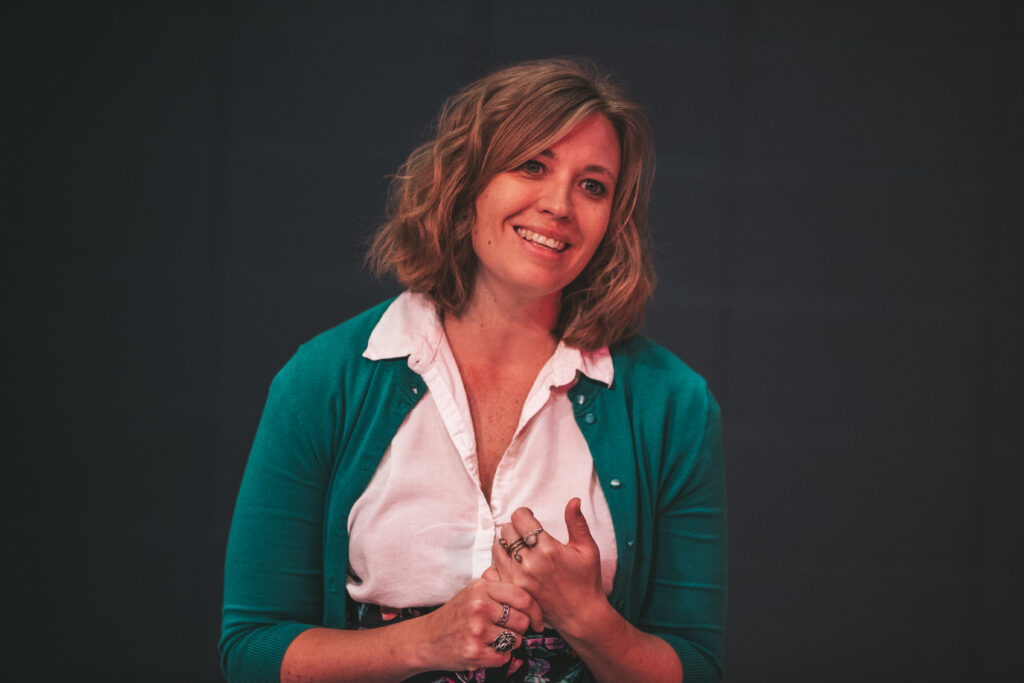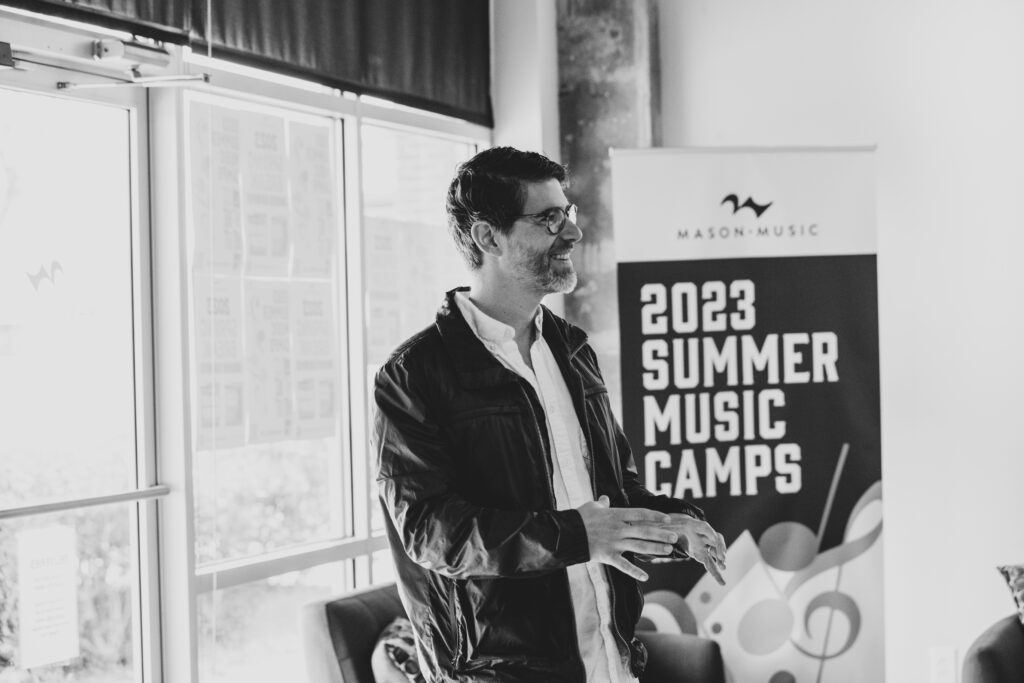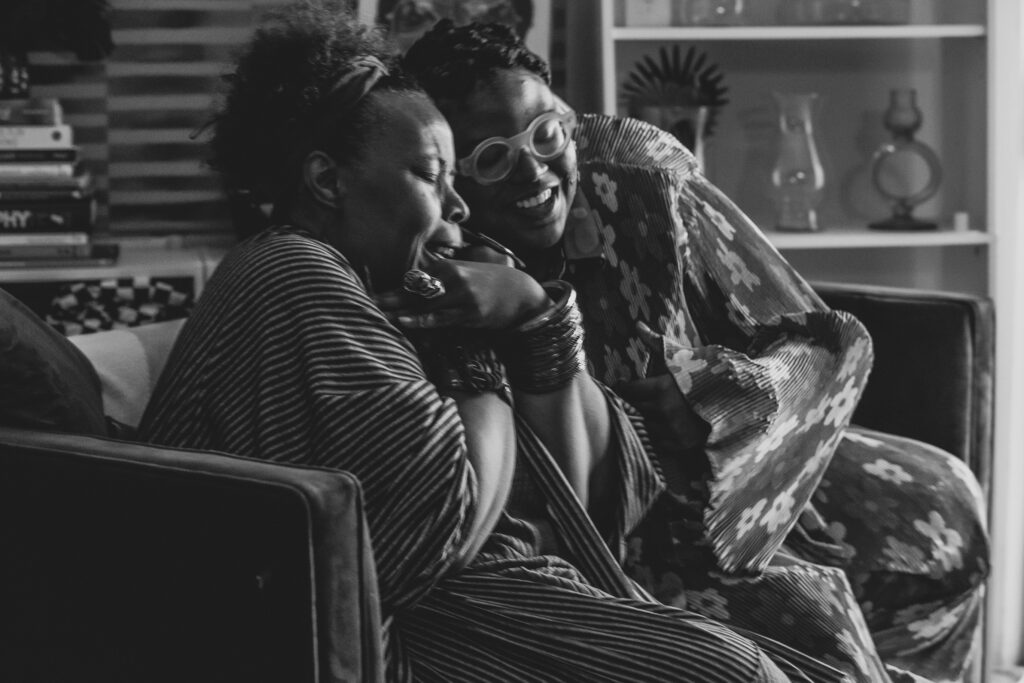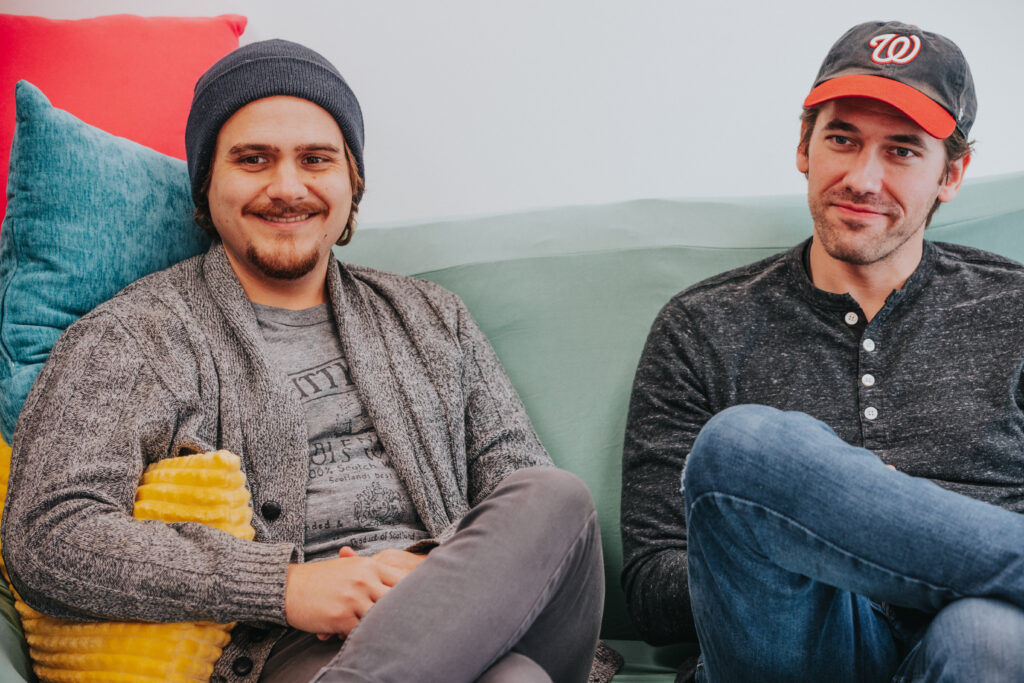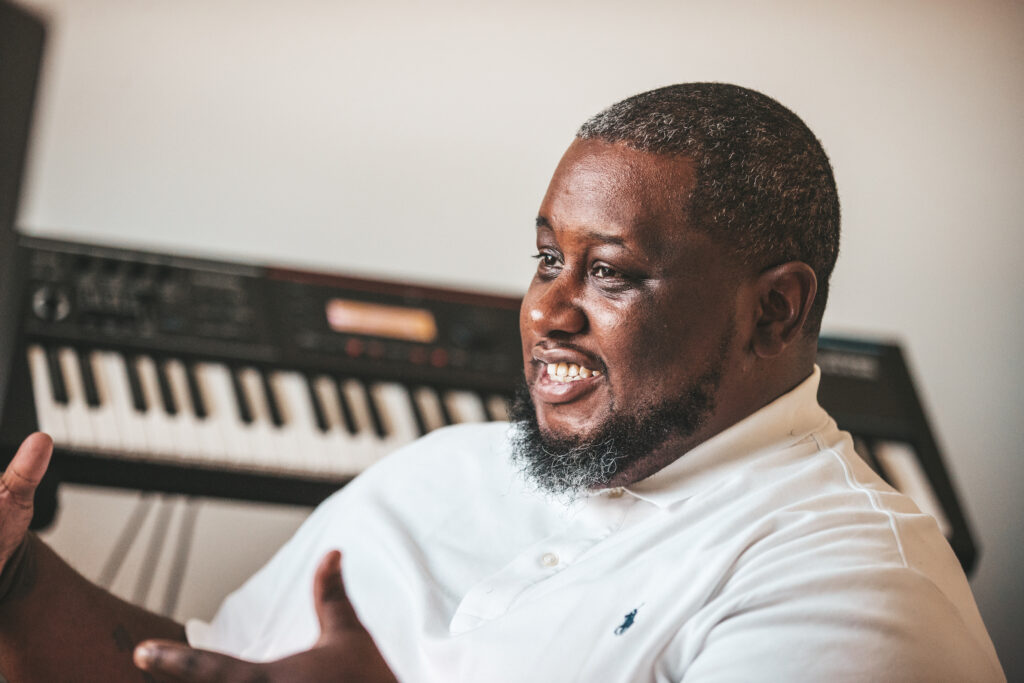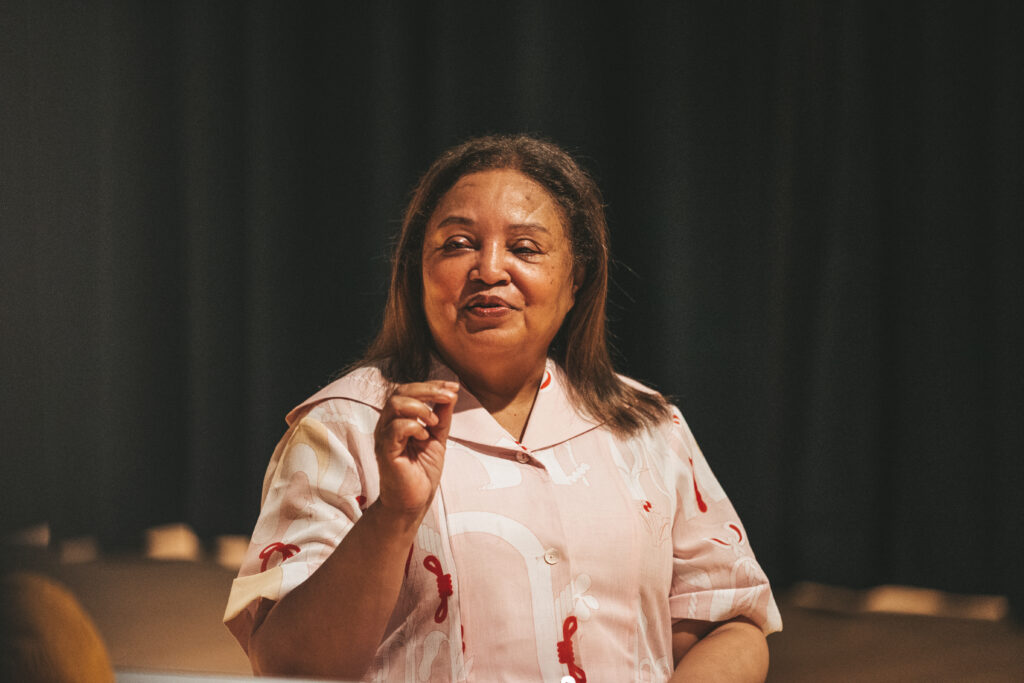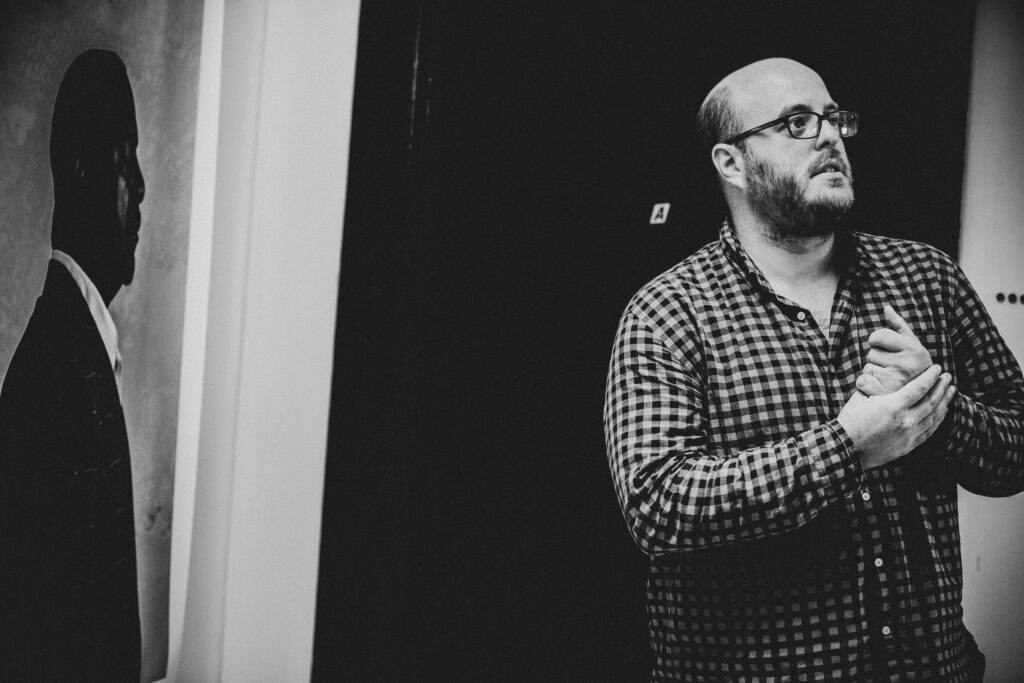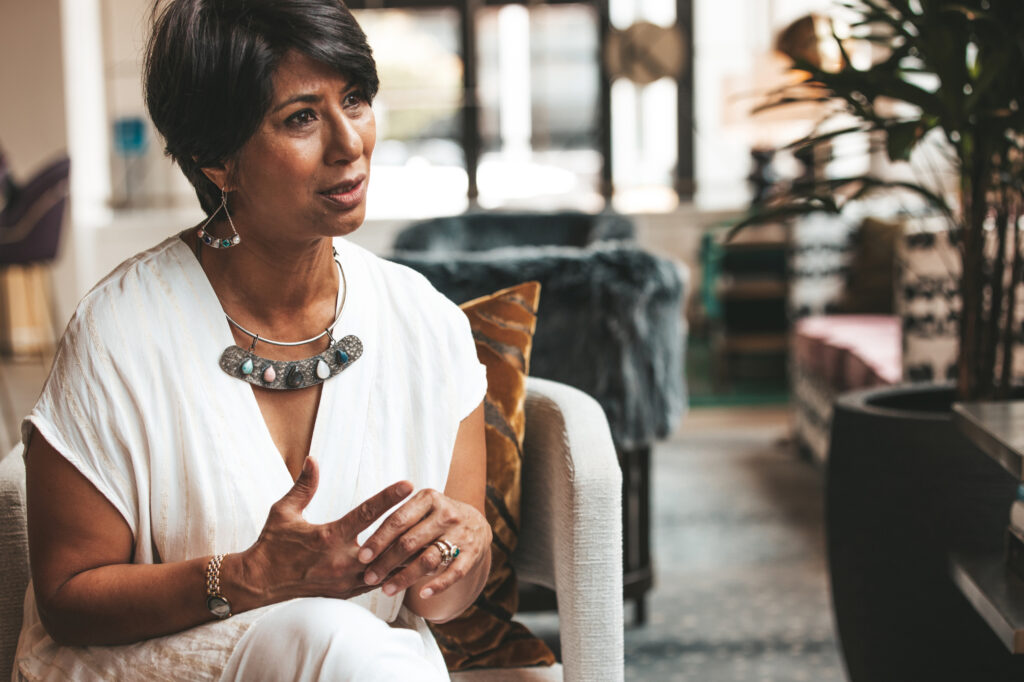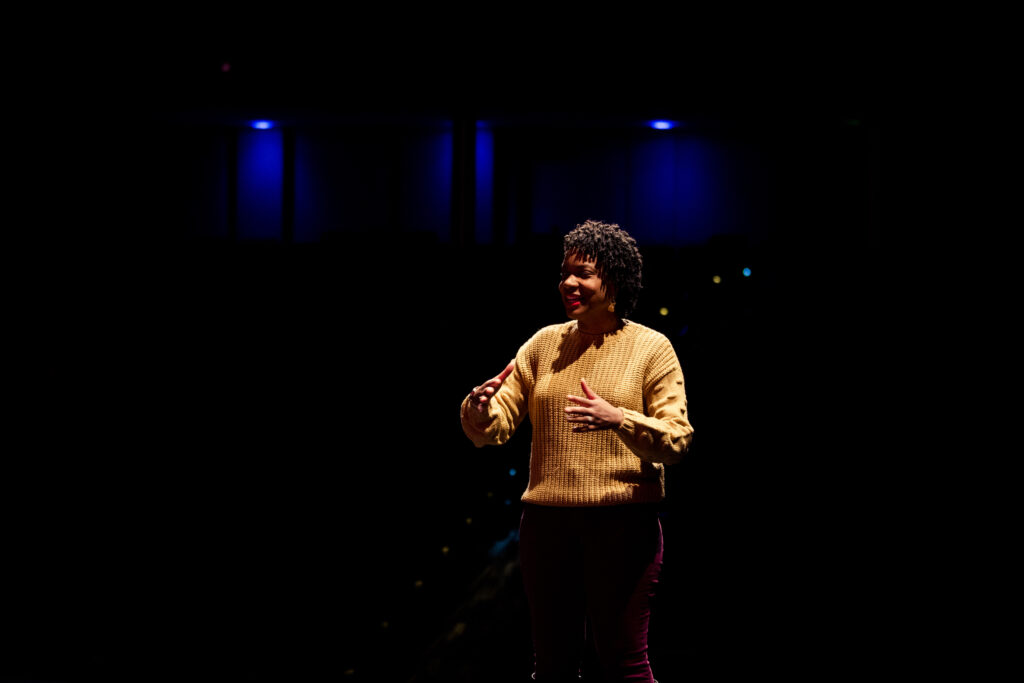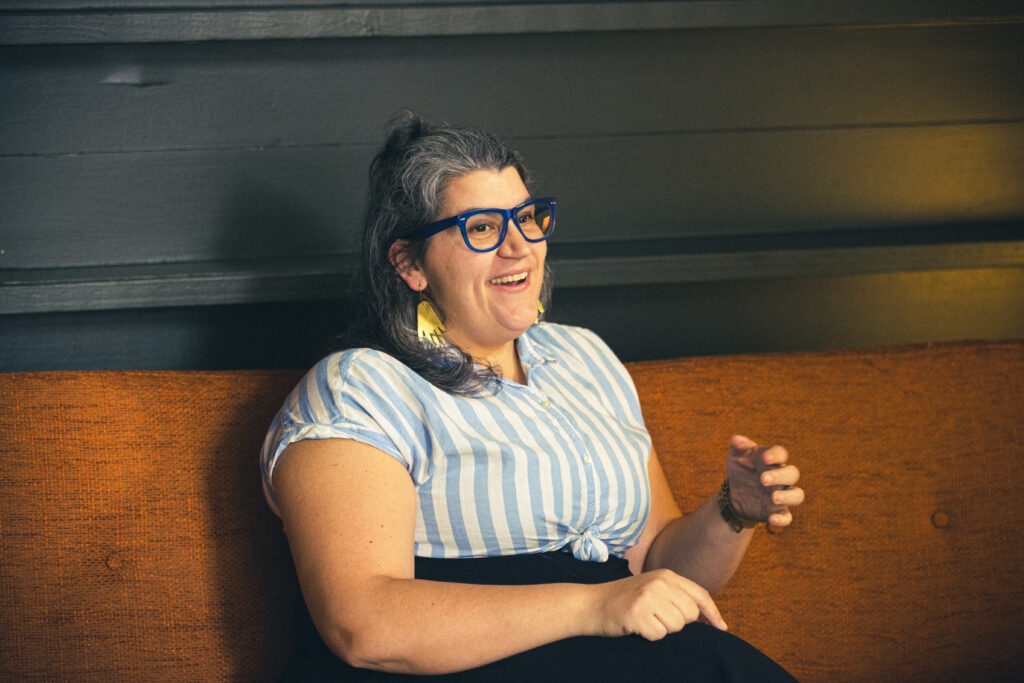“Creativity is often about connection and collaboration, and in my experience Birmingham is such a fantastic city for that — I personally really enjoy solitude, but I know my work is better when I connect with other people and ask for their ideas and expertise.”
Name: Carrie Rollwagen
Occupation: Writer
Creative Industry: Design
1. What does Creative Birmingham mean to you?
Creativity is often about connection and collaboration, and in my experience Birmingham is such a fantastic city for that — I personally really enjoy solitude, but I know my work is better when I connect with other people and ask for their ideas and expertise. Birmingham has so many talented artists who are willing to help with creative projects.
My book is a good example of that — it’s designed locally by Andrew Thomson, edited by Bobby Watson, the ebook and website was designed by Jonathan Walls, and Kelly Cummings has helped me a lot with marketing and promotions. That’s not to mention the dozens of people who are willing to donate their time to give me rides or work as assistants or the 179 people who contributed to the Kickstarter that helped launch the book.
2. What would you like to see happen in Birmingham in the next 5 years?
I’d like to see support for locally owned businesses continue to grow, and for more people to start businesses that really reflect their communities. I think business is best when it really responds to what the people who already live in a place need or want, and when it provides uniqueness and innovation in a community. In Birmingham, we really support small business when it comes to restaurants, and that’s fantastic, but I’d love to see that support grow into other retail shops as well.
I’d also like to see more people step up to help their communities. Sometimes there can be too much focus on prodding people who are already fighting for Birmingham to do even more. I understand where that impulse comes from, because if you want an idea to succeed it makes sense to ask a successful person. But small business owners and community leaders in Birmingham are already maxed out on volunteering and innovating in many cases — I’d love to see more individuals stepping up to help or to create their own change.
3. You spent a year buying things exclusively from locally owned businesses; what sparked this challenge?
I was honestly curious to see what would happen. I started my career as a journalist (at The Birmingham Post-Herald), and that spirit of curiosity still informs a lot of what I do. I did the blog as kind of an experiment and also as a writing challenge. It also started as a New Year’s Resolution — I started the project on January 1 and ended at the end of the year.
I thought that I’d miss big box stores and that shopping from small shops would be prohibitively expensive, but that’s not what happened. I ended up saving a lot of money by shopping locally, and I discovered community connections that I’d never expected to find. They’d really been there all along, but I wasn’t accessing them before.
4. How did your experience shape you as a consumer moving forward?
I now see purchasing as a creative act. Before Shop Small (my blog) and The Localist (my book), I felt like a consumer. Buying things felt passive and like they only effected me. Now I realize that my money can really create meaningful change in my community, and the way I treat people — both through spending and the way I literally treat them when I’m buying from them — matters a lot.
I’m not as strict about shopping locally as I was when I did the blog. Now I shop “local-ish” — I try to buy local first, and I only buy from chain stores when I really can’t find something locally or when it’s really inconvenient. I buy locally about 90% of the time now without really even trying: I found that once my habits and daily patterns shifted to local buying, it was easy to keep it up.
5. Your book, The Localist, was just released; what can you tell us about the book? Where can people purchase your book?
The book outlines what happens when we buy locally, but it’s a bit of a mash-up of a memoir as well — I use my experience shopping locally for a year and my experience starting the store I co-own, Church Street Coffee & Books, as examples. The books I read about buying locally tended to be depressing and heavy on statistics. I use a lot of personal examples because I wanted the book to be fun to read, and I worked hard to make it hopeful because I think there’s a lot of reason for hope in our small businesses and our communities.
You can purchase the book at most any locally owned bookshop: Little Professor and Church Street Coffee & Books carry it in stock, and any independent can order it for you. You can also pick up a copy at Urban Standard or Charm downtown, at Seasick Records, or at Edgewood Cycles in Homewood. (You can also order it through my website, localistbook.com, or at Barnes & Noble or Amazon, but I’d prefer you bought it locally, obviously.)
6. Without giving too much away; what local gifts are you purchasing this holiday season?
A lot of people on my list are getting Great Bear Wax candles, Piper & Leaf Tea (I’m a huge convert to their product) and jewelry from Charm. I’ll also be placing a few orders with Magic City Macarons because her French-style macarons are fantastic and beautiful, so they’re a really special little treat. And I’ll be giving Localist books, of course!
Photo by Cary Norton.
